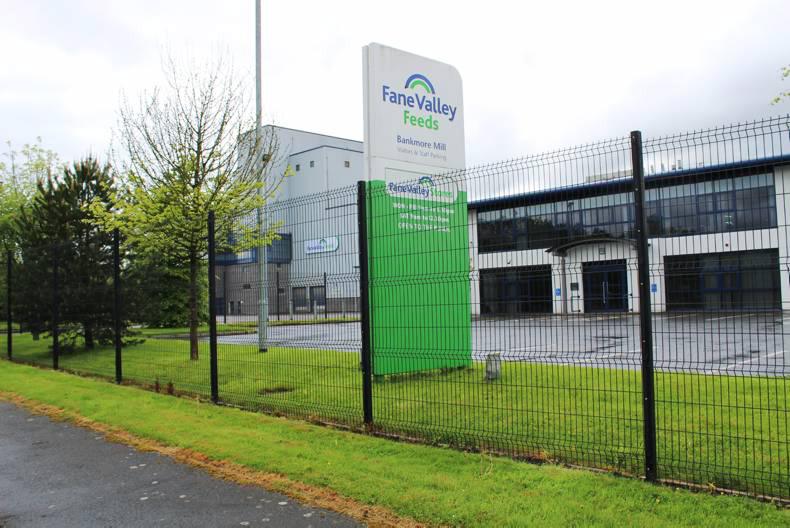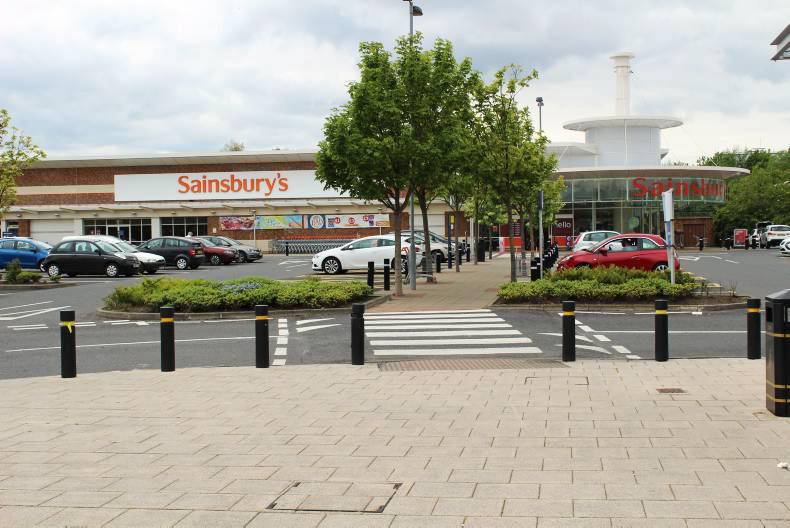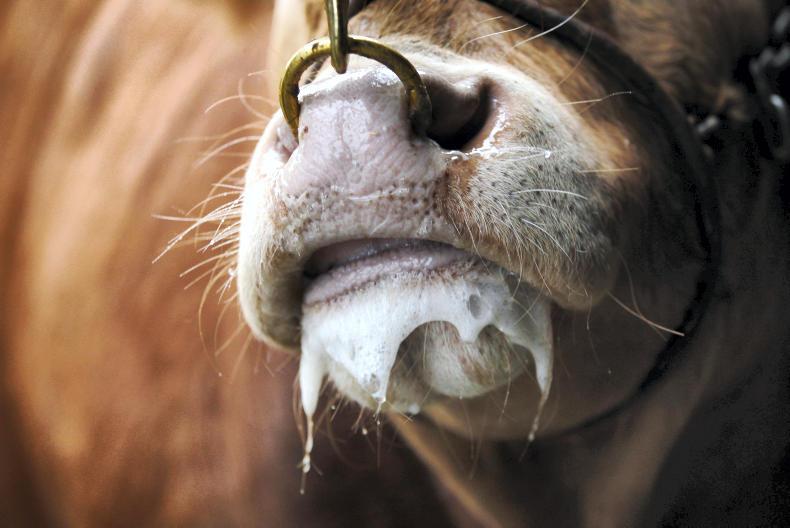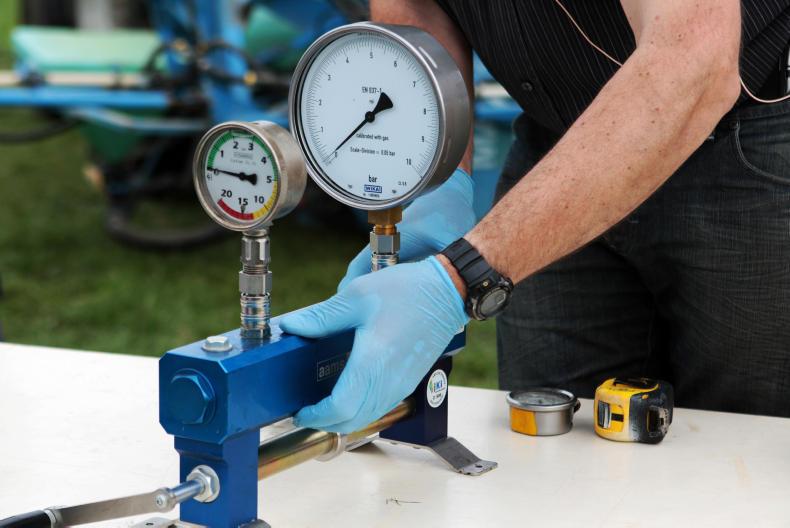In Northern Ireland, it is widely accepted that a large percentage of farmers (probably over half) voted to leave the EU, despite the main farming lobby organisation, the Ulster Farmers Union (UFU) stating that no compelling case was made to exit the EU.
At a meeting of the agriculture committee at Stormont last week, UFU leaders were mainly focused on the uncertainty created by the vote to leave. Their main lobbying effort has already turned to ensuring that the British government provides direct financial support to productive agriculture post-Brexit.
With the mood of the meeting generally negative and downbeat, it was left to DUP politicians on the committee (who supported the Leave campaign) to point out that there are also opportunities for NI agriculture.
In particular, they believe that there is the potential to reshape support payments towards productive farmers and to reduce the level of red tape and bureaucracy within agriculture. It is a message that went down well with the farming community during the Brexit debate.
In the short term, NI agriculture has received a boost from the weakening of sterling against the euro, which makes imports into the UK more expensive. In the longer term, much will depend on the attitude of consumers to home-produced food. As a major net importer, producing only 54% of its own food needs and with self-sufficiency in beef and dairy products around 80%, some livestock farmers in NI and Britain could benefit in terms of higher prices, especially if tariffs are applied to imports.
The situation in lamb is slightly different, as the UK is self-sufficient, a major exporter into France, and British consumers traditionally have no issue consuming New Zealand lamb.
In the longer term, there will be issues for Northern Ireland farmers, with replacement of EU-funded direct farm payments foremost on the list, with Westminster funding replacing Brussels. There will also be concern about how future UK trade deals with New Zealand, Mercosur or the US could create an abundance of cheap meat supplies on the UK market.
Speaking as chair of the EU Copa Cogeca sheep meat working group, Charles Sercombe, also chair of NFU’s livestock board, expressed concern about the prevalence of current New Zealand supplies on the EU market.
Post-Brexit, the UK could become that target market and selling live lambs from outside the EU in Northern Ireland to the Republic of Ireland could become an issue.
What might happen a few years from now at this stage is very much speculation, informed or otherwise. What ultimately happens will depend on negotiations not yet begun. In the meantime, the short-term impact for NI farmers has been a positive bounce in prices driven by weakening sterling.
Read more
Full coverage: Brexit
In Northern Ireland, it is widely accepted that a large percentage of farmers (probably over half) voted to leave the EU, despite the main farming lobby organisation, the Ulster Farmers Union (UFU) stating that no compelling case was made to exit the EU.
At a meeting of the agriculture committee at Stormont last week, UFU leaders were mainly focused on the uncertainty created by the vote to leave. Their main lobbying effort has already turned to ensuring that the British government provides direct financial support to productive agriculture post-Brexit.
With the mood of the meeting generally negative and downbeat, it was left to DUP politicians on the committee (who supported the Leave campaign) to point out that there are also opportunities for NI agriculture.
In particular, they believe that there is the potential to reshape support payments towards productive farmers and to reduce the level of red tape and bureaucracy within agriculture. It is a message that went down well with the farming community during the Brexit debate.
In the short term, NI agriculture has received a boost from the weakening of sterling against the euro, which makes imports into the UK more expensive. In the longer term, much will depend on the attitude of consumers to home-produced food. As a major net importer, producing only 54% of its own food needs and with self-sufficiency in beef and dairy products around 80%, some livestock farmers in NI and Britain could benefit in terms of higher prices, especially if tariffs are applied to imports.
The situation in lamb is slightly different, as the UK is self-sufficient, a major exporter into France, and British consumers traditionally have no issue consuming New Zealand lamb.
In the longer term, there will be issues for Northern Ireland farmers, with replacement of EU-funded direct farm payments foremost on the list, with Westminster funding replacing Brussels. There will also be concern about how future UK trade deals with New Zealand, Mercosur or the US could create an abundance of cheap meat supplies on the UK market.
Speaking as chair of the EU Copa Cogeca sheep meat working group, Charles Sercombe, also chair of NFU’s livestock board, expressed concern about the prevalence of current New Zealand supplies on the EU market.
Post-Brexit, the UK could become that target market and selling live lambs from outside the EU in Northern Ireland to the Republic of Ireland could become an issue.
What might happen a few years from now at this stage is very much speculation, informed or otherwise. What ultimately happens will depend on negotiations not yet begun. In the meantime, the short-term impact for NI farmers has been a positive bounce in prices driven by weakening sterling.
Read more
Full coverage: Brexit











SHARING OPTIONS